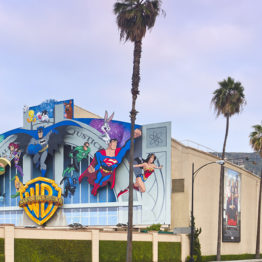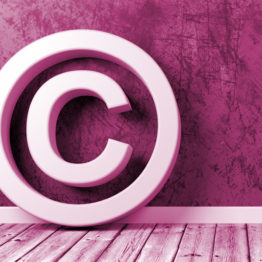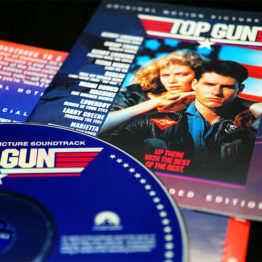
You may develop a screenplay based on a public domain work, such as a play by Shakespeare. A public domain work may be used by anyone in any way without the need for permission or payment to the author or the author’s estate. A work is in the public domain when the work lacks copyright protection. There are a myriad of reasons as to why a work is not protected by copyright. The following is a list of works in the public domain:
- Works published between 1923 and 1977 that were never registered for copyright;
- Works published and registered for copyright prior to 1923.
- Works published between 1923 and 1977 that were registered for copyright but published without a copyright notice.
- Works published between 1978 and 1989 without a copyright notice and without a subsequent registration (within 5 years).
- Unpublished works from authors who died prior to 1944; unpublished anonymous or pseudonymous works published prior to 1894.
- Unpublished works created prior to 1894 when the author’s date of death is unknown.
- Foreign works that are in the public domain in their country of origin.
Also in the public domain are history, facts, events, government works (written by government employees), and ideas. Be cognizant of the fact that though the information included in the aforementioned works is in the public domain, the author’s expression and theories may not be. You and/or any writer you hire must do research in order to separate out the public domain material from the author’s copyright-protected content. I recently advised a client to enter into an Option/Purchase Agreement with the author of a life story because he was not inclined to do the research necessary to determine what was original to the author separate and apart from the actual life story. Better to be safe than on the losing end of a copyright infringement lawsuit.
Have the writer, whether it is you or someone else, keep the notes and research used and, in addition, have the screenplay annotated if public domain works or information are included in the screenplay. This may seem burdensome but you will be grateful you did it if you are ever accused of copyright infringement. Furthermore, you will have to purchase Errors and Omissions (also known as “E&O”) insurance which, among other things, ensures producers against copyright infringement, invasion of privacy, defamation of persons or products, and trademark infringement claims. The insurance carrier may require an opinion letter from an attorney, who may request the research, notes and annotated script from you. It is easier to annotate a script as it is being written than doing it after-the-fact.
Credit is not required where public domain materials are concerned. Regardless, I advise my clients to credit the author and public domain work if their screenplay is an adaptation of the work, or if the screenplay is based upon the work, since it is best not to deceive the audience into believing a work is completely original when it is not. There is no need to credit research sources for facts, numbers, and such.









